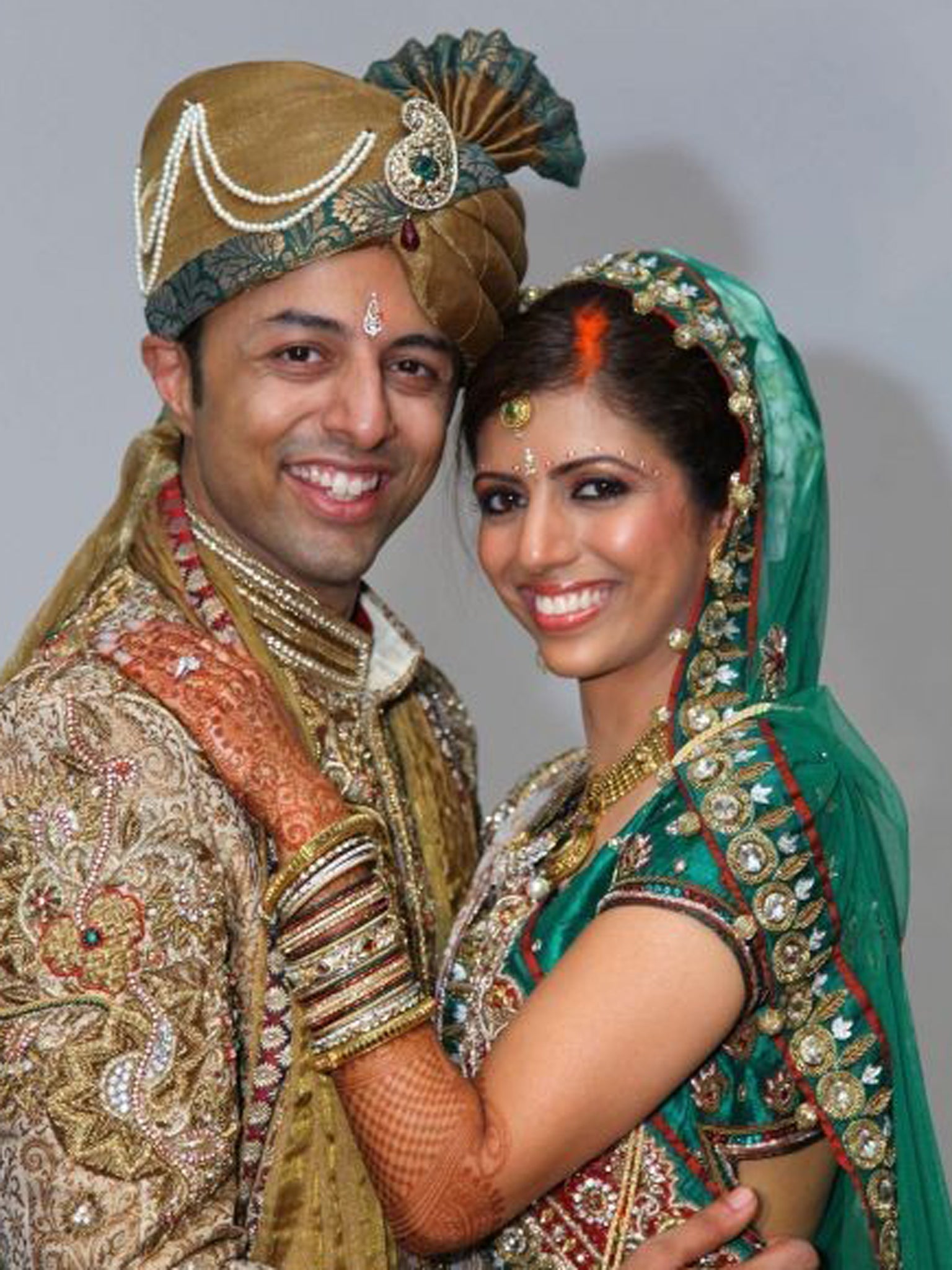Honeymoon murder suspect Shrien Dewani loses High Court move to block extradition

Shrien Dewani, who is accused of organising the murder of his wife Anni, has lost a High Court bid to block his extradition to South Africa until he is fit to stand trial.
Mr Dewani, from Bristol, has been fighting removal from the UK to face proceedings over his wife's death until he has recovered from mental health problems, including depression and post-traumatic stress disorder.
Mr Dewani is currently detained in hospital under the Mental Health Act. He is accused of ordering the killing of his new wife Anni, 28, who was shot as the couple travelled in a taxi on the outskirts of Cape Town in November 2010.
His lawyers have stressed at various hearings that he will be willing to defend himself at trial once he is fit to do so, but argue he is unfit to plead under English law and his "prognosis is not certain".
But a panel of three judges, headed by Lord Chief Justice Lord Thomas, ruled it would not be "unjust and oppressive" to extradite him if an undertaking were given by the South African government relating to how long he would be kept in the country without trial.
The court heard today that the government indicated it was willing to give that undertaking.
A lawyer for the South African government said it was "delighted" with the court's ruling and expected it would be able to give the undertaking, but needed 14 days "for final clarification".
Mr Dewani's family have also said he remains committed to returning to South Africa "when his health would permit a full trial and when appropriate protections are in place for his health and safety".
Today's ruling followed a hearing at the High Court last year. Those proceedings took place after an earlier decision that there were outstanding legal issues which needed to be decided.
Last July, chief magistrate Howard Riddle ruled at Westminster Magistrates' Court that Mr Dewani should be extradited and rejected his attempt to stay in the UK for further hospital treatment.
He said that while Mr Dewani was not fit to plead or stand trial at present, there was evidence that he would receive the care he needed in South Africa.
Judge Riddle originally approved Mr Dewani's extradition in 2011 but had to reconsider the position after the High Court later allowed an appeal.
The High Court proceedings centred around two legal issues. The first related to Mr Dewani's status as "an accused person", and the second concerned whether it would be "unjust and oppressive" to extradite him "regardless of the prognosis" of his mental condition.
The judges were asked to decide whether a person who is unfit to plead is "an accused" for the purpose of the Extradition Act 2003 "if he is being extradited in circumstances where he may remain unfit to plead".
They were also asked to rule on whether it was "unjust or oppressive to extradite a person who is agreed at the time of the determination to be unfit, whatever the prognosis".
Three men have already been convicted over her murder. South African Xolile Mngeni was convicted of premeditated murder for shooting her. Prosecutors claimed he was a hitman hired by Dewani to kill his wife, a claim that Mr Dewani has consistently denied.
Taxi driver Zola Tongo was jailed for 18 years after he admitted his part in the killing and another accomplice, Mziwamadoda Qwabe, also pleaded guilty to murder and received a 25-year prison sentence.
Lord Thomas said: "It might be unjust and oppressive to order the return of a person who was agreed to be currently unfit and where there was a prospect that he might remain permanently unfit without considering whether an undertaking should be required from the requesting state."
He added: "The circumstances of this case are such that we consider, on the findings made by the district judge, it would be unjust and oppressive to return him without such an undertaking."
"The effect of the undertaking would be that "in the event of the appellant (Dewani) being found unfit to be tried, he will be free to return to the UK, unless there is found to be a realistic prospect of his being tried with a year - or other stated reasonable period - of that finding and the trial takes place within the period".
Lord Thomas continued: "In any event the appellant must be free to return in the event a court in South Africa, having found him unfit to be tried, embarked on the process of determining under the Criminal Procedure Act 1977 whether he did the act."
He concluded: "If such an undertaking was given, then it would not be oppressive or unjust."
Additional reporting by Press Association
Bookmark popover
Removed from bookmarks